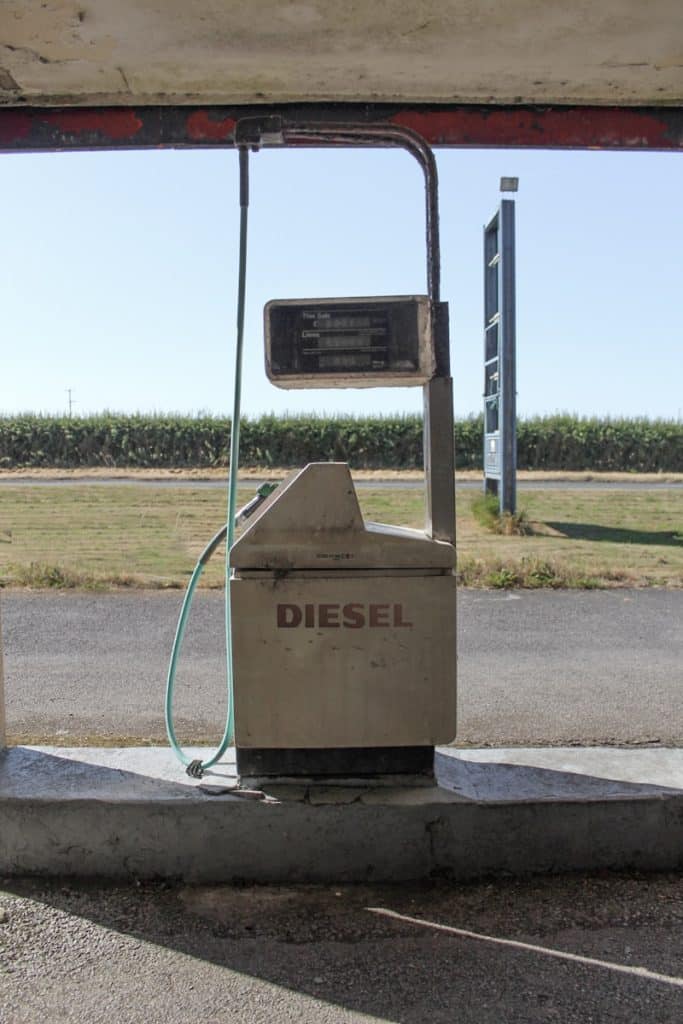With the UK government committed to achieving net zero emissions by 2050, many industries are urgently seeking alternatives to traditional fossil fuels. Renewable diesel and Hydrotreated Vegetable Oil (HVO) are gaining traction as viable options. According to Zemo, around 4,000 heavy goods vehicles (HGVs) are now running on renewable diesel. Despite this, numerous misconceptions about these fuels persist. Niki Holt, Head of Commercial at Certas Energy, a prominent provider of HVO fuel, addresses and dispels some of the most common myths.
Myth #1: Electricity is the Only Path to Net Zero
While the integration of electric vehicles and machinery is crucial for meeting net zero targets, significant barriers remain. Key concerns include limited battery range and the absence of robust, accessible charging infrastructure. Additionally, while electric vehicles do not produce emissions during operation, the generation of electricity and the establishment of charging networks often still rely on fossil fuels.
HVO offers a viable alternative by producing significantly lower emissions than traditional fossil fuels. Although not entirely net zero, it serves as an intermediary solution, enabling businesses to reduce their carbon footprint more immediately. Holt highlights the importance of considering HVO as part of a comprehensive strategy to decarbonise operations.
Myth #2: HVO and Renewable Diesel are Not Cost-Effective
Currently, the cost per litre of HVO fuel is higher than standard diesel, reflecting its premium status and environmental benefits. However, as the drive to reduce greenhouse gas emissions intensifies and governments introduce additional incentives, this price gap is expected to narrow. Crucially, switching to HVO incurs zero ‘switch’ costs, unlike other alternative energy options that often require significant upfront investment. HVO can be used as a direct replacement for standard diesel, simplifying the transition for businesses.
Myth #3: Transitioning Now Will Disrupt Business Operations
Some businesses are hesitant to transition to alternative fuels, believing there is no immediate benefit until legally mandated. However, legislation such as Ultra Low Emission Zones (ULEZ) and Clean Air Zones (CAZ) are already in place to encourage the adoption of cleaner fuels. These measures are likely just the beginning, with further restrictions anticipated to accelerate the move towards net zero.
Holt emphasises the advantages of proactive integration of alternative fuels: “HVO is an attractive alternative to standard diesel, and as more restrictions come into play to support net zero goals, getting ahead of the curve and building relationships with supply partners will help businesses mitigate risks.” The transition to HVO is seamless, requiring no modifications to machinery, vehicles, or engines, thus minimising disruption and downtime.
Myth #4: Renewable Diesel is Not Reliable
Reliability is a paramount concern for businesses considering newer technologies. This has led many to stick with traditional fuels like diesel, despite their environmental impact. However, the increasing adoption of renewable diesel across various industries, including haulage, logistics, construction, public sector, utilities, and marine, demonstrates its viability.
Holt reassures that Certas Energy’s extensive infrastructure supports reliable HVO supply: “With a national network of approximately 900 tankers, 130 local depots, and a growing number of HVO-stocked high-speed HGV refuelling sites, Certas Energy ensures a reliable and competitive supply of HVO to UK businesses.”
Myth #5: HVO is Not Compatible with Warranties and OEM Approvals
A common misconception is that HVO is not compatible with popular original equipment manufacturers (OEMs). This is inaccurate, as most OEMs have confirmed their approval of HVO fuel. HVO is suitable for a wide range of applications, including vehicles, plant, and machinery operating in diverse environments.
As industries move towards a more sustainable future, renewable diesel and HVO fuel present compelling alternatives to traditional fossil fuels. By addressing and debunking these myths, experts like Niki Holt are helping businesses make informed decisions about their energy use and environmental impact.

